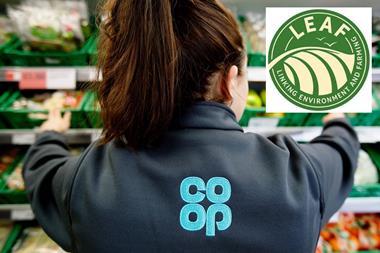Government urged to plan sustainability schemes properly rather than rushed approach

The Association of Convenience Stores has highlighted the need for proper lead times and planning for initiatives such as the Deposit Return Schemes, extended producer responsibility, and single use plastic bans
ALREADY HAVE A REGISTERED USER ACCOUNT? PLEASE LOG IN HERE
To read the full story join the ConvenienceStore.co.uk community today!
Registration is quick and easy and provides access to:
- Unlimited ConvenienceStore.co.uk articles
- Our great range of newsletters
- Content you’ve saved for later via the ‘my library’ feature
And much more…































